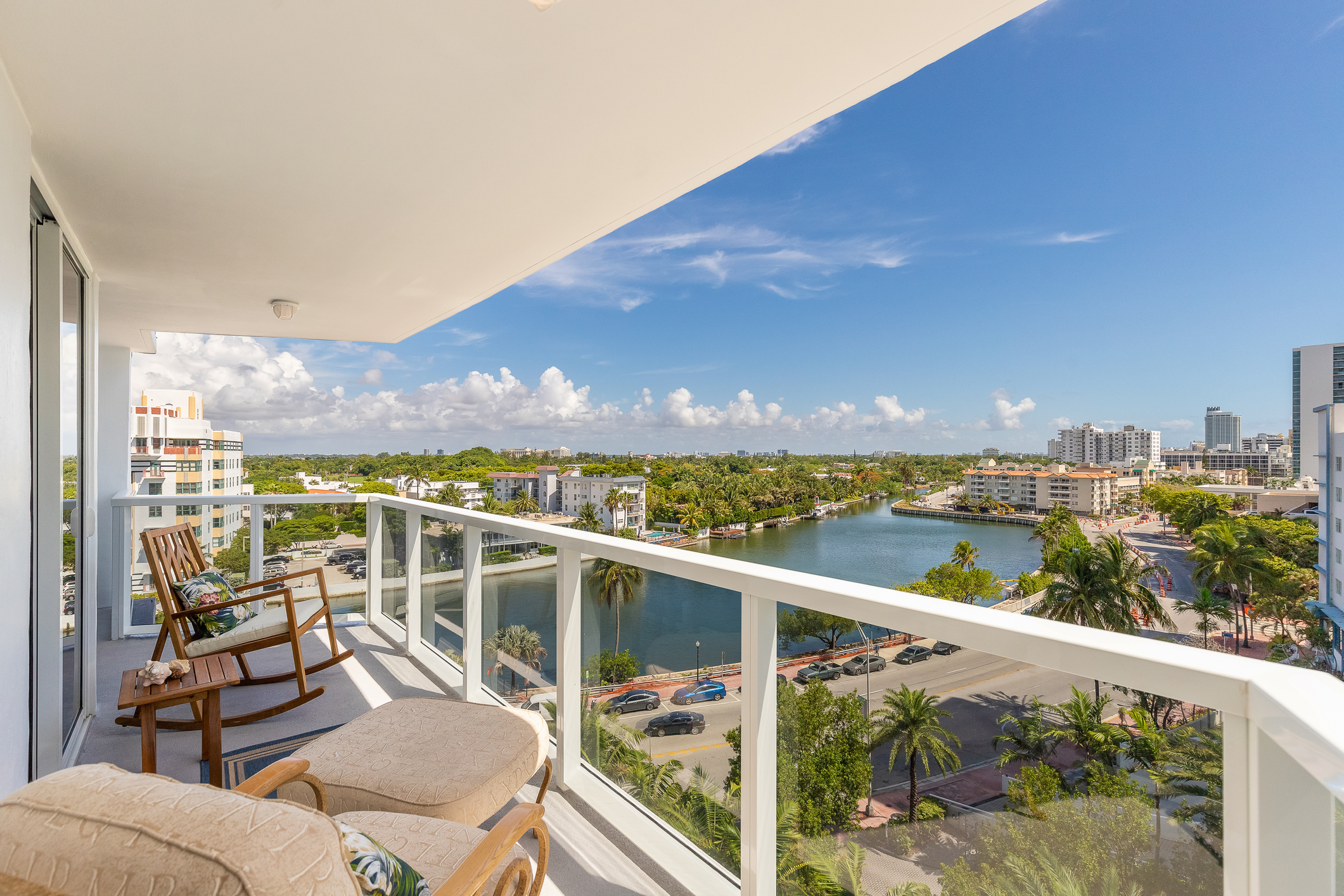Apartment living offers many benefits, from enhanced safety to convenient amenities, making it an appealing choice for many. However, it also comes with its own set of drawbacks to consider. Let’s explore the advantages and disadvantages of residing in apartments and high-rise condominiums compared to traditional single-family homes.
Advantages
In apartments and even real estate in high-rise condominiums, there are several advantages over a traditional single-family home.
Safety
The security of an apartment is more significant and can be enhanced if the tenant wants. It is currently possible to put a lock on elevators, making it challenging to access residences.
Social Contact
For individuals or families, apartments are great options.
First, the common area can be an excellent environment for children to socialize with others. Apartments offer greater security and several options so children can play with others on the playground, at the swimming pool, or even in the garden.
Moreover, many modern condominiums have several in-house amenities already included in the condo fee, like a gym area, gourmet space, or pool. Some buildings even have a BBQ area that all residents can use, provided a prior appointment is made. Similarly, many feature a ballroom, which can be used for birthday celebrations and other meetings.
Consider that those who buy a house can enjoy this type of interaction in their neighborhood, clubs, associations, plazas, and projects in the community.
No Maintenance Responsibility
Any residence requires constant maintenance, whether in a building or a house. Some maintenance must be done with significant frequency in an apartment building, like cleaning, for example. Other maintenance, like elevators and electronic gadgets, can be completed less frequently. Like a house, you must manage some expenses for a condominium, which takes work.
The monthly condo fee may not be cheap, but it frees the tenant from worrying about maintenance. Therefore, the building will always be clean, and other maintenance will be done by third parties, which would otherwise be a homeowner’s responsibility. For example, if there are problems with water supply, energy, or equipment, the landlord will likely react quickly and find a solution faster. It is much more convenient, especially for those who do not have much time to complete or schedule repairs.
Amenities
There is a lack of amenities when we buy a home. Still, we have clear access to an apartment’s amenities, including a gym, communal barbecues, a swimming pool, a standard room, covered parking, and a security system.
Disadvantages
Rules and Regulations
The residents of apartments and condominiums must agree to pay the fees and submit to the rules applied to all condominium owners.
Those who do not submit to the internal regulations or what was imposed in the condominium agreement may suffer pecuniary and financial penalties. In certain circumstances, such as non-payment of fees, the tenant may even be prevented from attending common areas such as swimming pools, barbecues, and sports courts.
Less Privacy
Privacy is reduced since one coexists with neighbors in this type of property. Sometimes, it is possible to hear everything from the other side of the walls. Similarly, the common area is shared, and the owner or tenant does not have autonomous access to amenities. In an apartment building or condominium, there is a lot of noise because people speak, shout, or sing in the unit next to yours, and they hear you as well.
Stairs
In the absence of elevators, stairs can become a significant problem common in low-rise buildings. Stairs can be a limiting factor for people with compromised mobility, wheelchair users, the elderly, pregnant women, or children. Similarly, situations in which one arrives at home with heavy bags or luggage can be difficult and inconvenient because of stairs. This can also be problematic when moving into and out of the unit.
 Conclusion
Conclusion
While apartments and high-rise condominiums offer numerous benefits, such as enhanced safety, social opportunities, and convenient amenities, they also present challenges like shared spaces, maintenance fees, and potential noise issues. Ultimately, deciding to reside in such properties versus a traditional single-family home depends on individual preferences, lifestyle, and priorities. By carefully weighing the advantages and disadvantages, individuals can make informed choices that best suit their needs and preferences for housing.
 About Complete Controller® – America’s Bookkeeping Experts Complete Controller is the Nation’s Leader in virtual bookkeeping, providing service to businesses and households alike. Utilizing Complete Controller’s technology, clients gain access to a cloud platform where their QuickBooks™️ file, critical financial documents, and back-office tools are hosted in an efficient SSO environment. Complete Controller’s team of certified US-based accounting professionals provide bookkeeping, record storage, performance reporting, and controller services including training, cash-flow management, budgeting and forecasting, process and controls advisement, and bill-pay. With flat-rate service plans, Complete Controller is the most cost-effective expert accounting solution for business, family-office, trusts, and households of any size or complexity.
About Complete Controller® – America’s Bookkeeping Experts Complete Controller is the Nation’s Leader in virtual bookkeeping, providing service to businesses and households alike. Utilizing Complete Controller’s technology, clients gain access to a cloud platform where their QuickBooks™️ file, critical financial documents, and back-office tools are hosted in an efficient SSO environment. Complete Controller’s team of certified US-based accounting professionals provide bookkeeping, record storage, performance reporting, and controller services including training, cash-flow management, budgeting and forecasting, process and controls advisement, and bill-pay. With flat-rate service plans, Complete Controller is the most cost-effective expert accounting solution for business, family-office, trusts, and households of any size or complexity.



